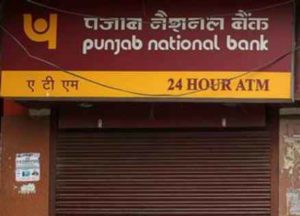 In India, 102 computer systems of the Andhra Pradesh police were hacked on Saturday and a Nissan Renault plant production was halted because of the malware.
In India, 102 computer systems of the Andhra Pradesh police were hacked on Saturday and a Nissan Renault plant production was halted because of the malware.
The cyber attack affected at least 200,000 computers in 150 countries, shut car factories, hospitals, shops and schools, but has been less severe than anticipated in Asia.
The RBI has directed banks to operate their ATM networks only after machines receive a Windows update to protect them from a malware impacting systems across the world. The directive was in response to the WannaCry ransomware that took down computer systems across the world locking up critical data and demanding bitcoins as a ransom for its release.
ATM machines are seen as being vulnerable since almost all of them run on Windows software. Also over 60% of the 2.25 lakh ATMs in the country run on the outdated Windows XP.
Microsoft has, however, issued a statement saying that it has developed and released a special update for Windows XP although this particular version of its operating system is no longer serviced by the company. “RBI has asked banks to update specific Windows patches on ATMs urgently and not to operate ATM machines unless updates are in place,” said an official adding “Banks have passed on the directive to their management service providers”.
ATM operators, however, say that there is no threat to customer data on money. “The objective of ransomware is to shut down critical information in networks and prevent access to this data. In the case of ATMs there is no data stored in the machine. Neither is there storage of any kind of logic that will block transactions.




